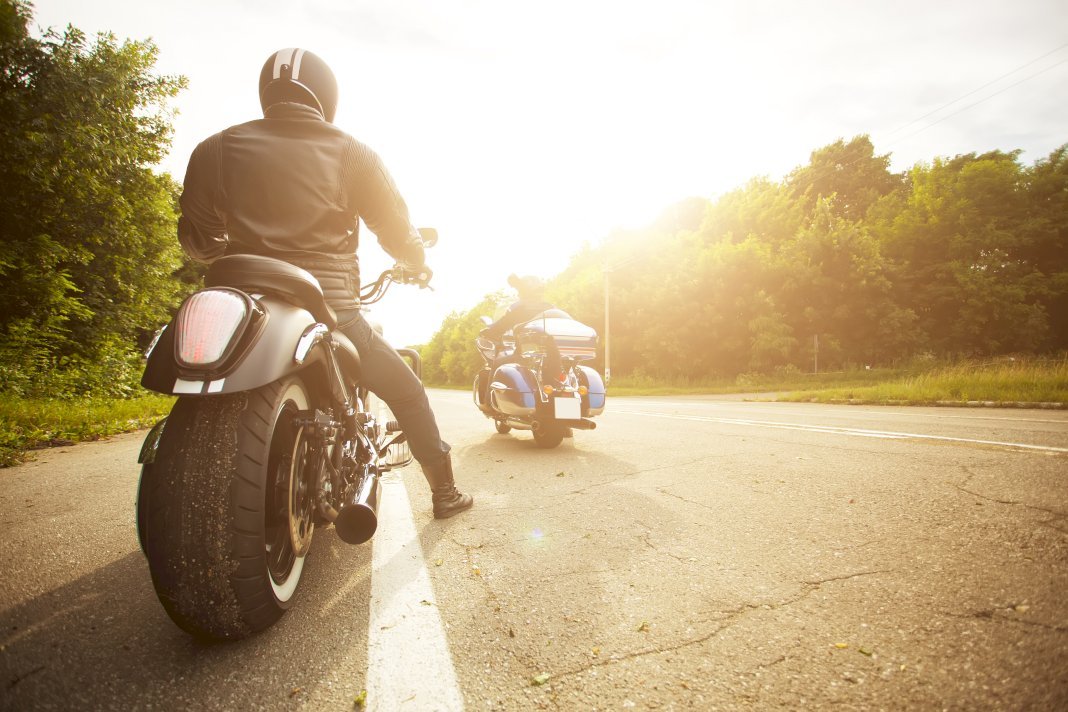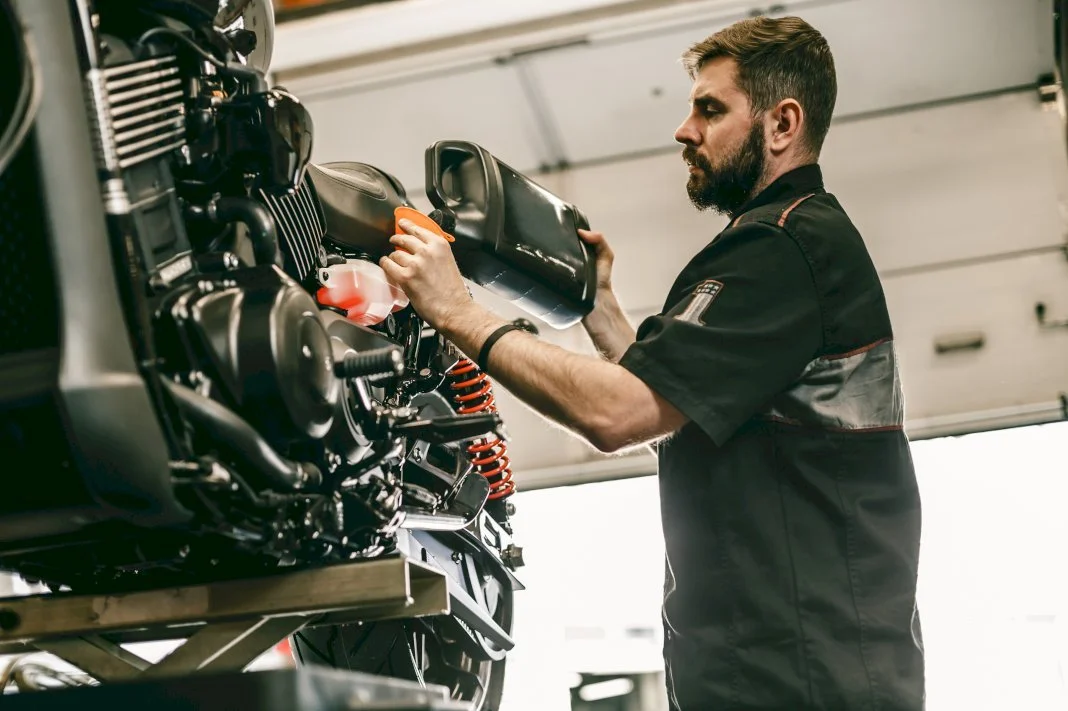Consider upfront costs, maintenance and repair costs, resale value, and other expenses before investing in a significant bike
Understand your needs and consider your riding experience when choosing a suitable style for the bike.
Look into comprehensive insurance to protect against costly repairs
Owning a big bike can be worth the investment if you are passionate about riding and can afford the expenses.
Motorcycles have always been a symbol of freedom and independence. Many riders seek the thrill of a powerful machine and the open road feeling. Owning a big bike, however, comes with a hefty price tag and a lot of responsibility.
There are several factors to consider, from maintenance costs to insurance premiums, before buying a big bike. This post will explore the cost of owning a big bike and answer the question: is it worth the money?
Upfront Costs
The upfront cost is the first thing to consider when buying a big bike. A powerful machine with top-of-the-line features can easily cost you over £10,000. However, many riders believe that a big bike is worth the investment.
A powerful engine, better handling, and improved comfort are just a few benefits of a big bike. If you're looking for a long-term investment and riding is a true passion, then the upfront cost of a big bike may be worth it.
Maintenance Costs
Owning a big bike comes with higher maintenance costs compared to smaller bikes. The larger engine and other high-end features require specialized services and costly parts. You'll need to factor in the price of oil changes, new tires, and other wear-and-tear items. Regular maintenance will keep your big bike running smoothly and safely, but it can cost you more than a smaller bike.
Repair Costs
The costs of repairs can be even more expensive than regular maintenance. An accident or breakdown on a big bike can quickly add up to thousands of dollars in repair costs. If you're planning on buying a big bike, it may be wise to apply for bike insurance online so that you can protect your investment and repair costs if something goes wrong. Look for comprehensive insurance that covers many different types of accidents, such as theft, flooding, and vandalism.
Resale Value
The resale value is another essential factor when buying a big bike. While bigger bikes may seem like a good investment, they may not hold their value as well as smaller bikes. This can be due to depreciation, market demand, and overall condition. A well-maintained high-end model can retain its value. However, it can be hard to predict the resale value of a big bike.
Making the Decision
Buying a big bike can be exciting but daunting, especially if you're a beginner. There are several factors to consider, and making the right decision can feel overwhelming. However, the process can be more straightforward if you have all the necessary information.
Understand Your Needs
Before you decide to buy a big bike, it's essential to understand your needs. Ask yourself why you want a big bike and what you plan to do with it. Are you looking for a bike for daily commuting, long-distance touring, or off-road adventures? Big bikes come in various shapes and sizes, each designed for a specific purpose.
Consider Your Riding Experience
Riding a big bike requires skill and experience. If you're a beginner, starting with a smaller bike and working your way up is best. However, if you have ridden a bike for some time and are comfortable with its handling, balancing, and acceleration, you can easily transition to a big bike. Remember that big bikes are heavier, more powerful, and have a higher center of gravity than smaller bikes.
Choose a Suitable Style
Big bikes come in various styles, including cruisers, sport-touring, adventure, and touring bikes. Each class has a unique design and features suitable for different purposes. You should choose a style that suits your needs, riding style, and preferences.
Consider the Cost
Oversized bikes are more expensive than smaller bikes. They require more materials, technology, and engineering to create, reflecting their price. Furthermore, they may require more maintenance, fuel, and insurance than smaller bikes. Considering the cost of the big motorcycle you want to buy and weighing it against your budget is essential.
Final Thoughts
In conclusion, owning a big bike is a personal and financial decision. Owning a big bike includes upfront costs, maintenance costs, insurance premiums, resale value, and personal satisfaction. At the same time, it may seem like an expensive investment, but a big bike can offer unmatched thrill, power, and performance. Owning a big bike is worth the money if you're genuinely passionate about riding and can afford the expenses.




